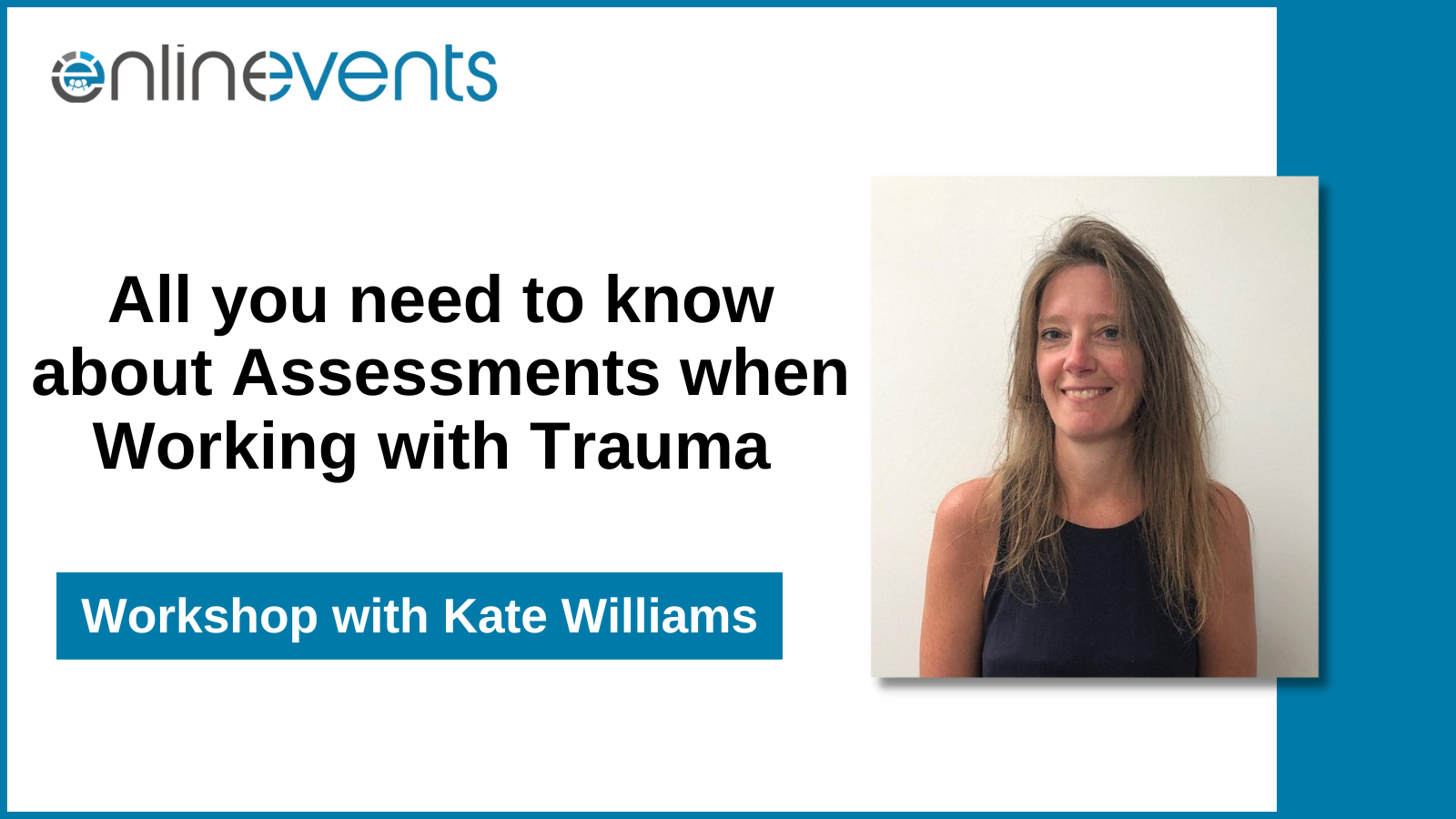Working with trauma can require an additional skill and importantly the initial assessment session is crucial for assessing a clients suitability for therapeutic work as well as assessing your own competencies.
In this workshop , within the framework of the 3-phase trauma treatment model you’ll learn the assessment skills and criteria for identifying a client’s suitability for phase 2 trauma processing and when a client isn’t suitable for this work at this time.
Creating safety in client work and knowing when to move from one phase to another is an important part of working with trauma and you’ll be provided with insights into what to look for.
You’ll learn:
- about the different kinds of trauma and trauma types
- assessment skills to gain a deeper understanding into your client’s readiness/suitability for the 3-phase work
- assessing your client’s default in the ‘window of tolerance’ – hyperarousal and hypoarousal & capacity for self-regulation
- the overwhelm & dissociation continuum
- assessing your
- collaborative skills for forming a plan / way forward
- genograms and their place in assessments
- the importance of the countertransference for working with complex trauma
Course Content
Presenter

Kate Williams has been in therapeutic practice since 2009 with a background in counselling in further education. She currently runs a busy private practice, works with NHS clients and enjoys running workshops for onlinevents and staff wellbeing workshops for NHS Hull & Humberside.
Kate is centre manager for the Bedfordshire Centre for Therapeutic Studies where she teaches on the CPCAB L5 in Somatic Trauma Therapy course & L2 Award in Breathwork Coaching as well as the Level 4 in Therapeutic Counselling.
Kate has a passion for bringing the body into her practice supporting clients to release the trauma that is held within their bodies. Kate is know for her relaxed teaching style, experiential somatic practices and skill of bringing theory to life and making it applicable.


